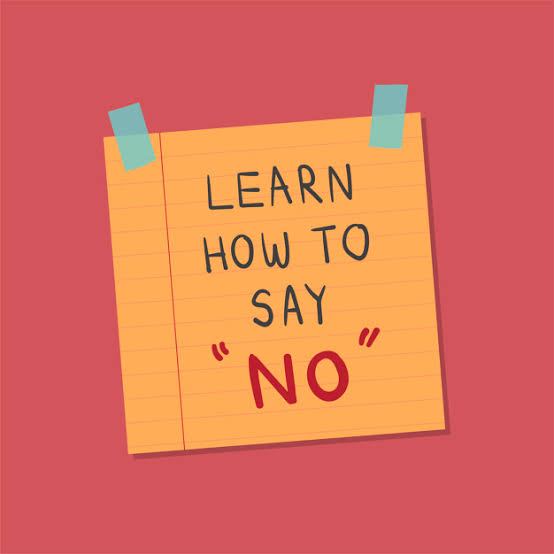Sometimes saying “no” isn’t about the other person – it’s about saying “no” to myself.
The “no” may be directed at another person, but often it is because I am trying to keep myself from:
- Overwhelm
- Burnout
- Activity that doesn’t serve me
- Doing something I really don’t want to do
In the past I was so focused on how saying “no” affected the other person. The greatest effect was actually being felt by me.
This connection and intention were a game-changers.
Subscribe to my YouTube Channel for more ideas on how to say “no.”
Yes, Jennifer, Explain Yourself
Like anyone else who has a tendency to people-please or worry more than I should about what others think, I was terrified of saying “no” because I was scared of the other person’s reaction. I wasn’t paying attention to how telling someone “no” impacted me.
When I focus on the many positive outcomes it has on me, it minimizes my worry about the other person’s reaction. (Before you judge that statement as selfish, please note that saying “no” to others means I leave my family and friends high and dry, bail on commitments, or don’t help people in need. I will explain in a minute.)
The positive outcomes that I focus on include:
- Following my heart toward my priorities
- Knowing I am managing my time and other’s expectations
- Conserving my energy for work that does suit me
If I keep my focus on the why I am saying “no,” it quickly becomes so much less about the other person and worrying that I have let them down.
What Makes Me So Comfortable Saying “No”
I am more than comfortable saying “no” because I have done the work of getting clear on my priorities. Knowing my priorities and goals, helps me determine when it works to say “yes” and when it is better to say “no.”
I know my Why. Too often we feel compelled to commit to activity because we don’t know what we want or where we want to go. So, we fill our time with work that keeps us busy, but doesn’t move us forward.
Equally as important to the answer, is the tone I use when delivering the message. This took practice and courage. Lots of practice because I didn’t want to sound like a jerk or come across as condescending. It also helps to have some easy ways to say “no” when necessary.
What’s Your Why
As I mentioned, this is key to getting comfortable with saying “no.” Some questions to help you figure that out:
- How do you want and/or need to spend your time?
- What kinds of opportunities serve you? Which ones don’t?
- Who do you want to help the most?
- Who deserves your time and energy?
Another Perspective
Saying “no” is a quick, temporary moment. Saying “yes” to the wrong opportunity or work could saddle you long-term.
*** During the month of NOW-vember, I am encouraging you to say “no” so you can be present for something more important.
Please join me on:






